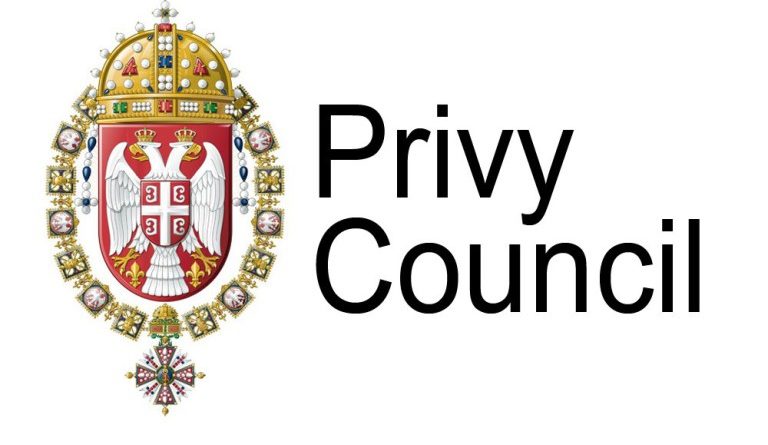Privy Council hears arguments from Simon and Astaphan, while Frank and Walker hope for favourable decision on Barbuda land
Barbudans were engaged in days of prayers and some fasted as one of the biggest cases in this country’s history was heard today, May 3, by the Privy Council, the Nation’s highest appellate court.
The London-based Court heard in-person submissions by Justin Simon, Q.C., representing the people of Barbuda, and by Senior Counsel Anthony Astaphan, who appeared for the Government of Antigua and Barbuda by virtual means.
The case was brought by Barbuda Council Chairman McKenzie Frank and Barbuda MP Trevor Walker over the repeal of the Barbuda Land Act, 2007.
Frank says the Central Government has been making attempts, for quite a number of years now to deprive Barbudans of their land rights.
However, the Barbuda People’s Movement (BPM), for decades, has been defending Barbudans’ right to have autonomy over their lands, he says.
Frank accuses the Gaston Browne Administration of taking away the Barbudans’ right to own the land in common – their preferred choice – without any form of consultation.
Meanwhile, he says it has not been an easy road to have the matter heard at the Privy Council.
Frank says he and the members of the BPM and Barbudans, in general, are hoping that, based on the legal arguments presented, the appellate court will rule in their favour.
Meanwhile, MP Walker acknowledges that no one will be able to overturn the Privy Council ruling once a decision is handed down.
However, he notes that the people of Barbuda have held the land in common for over 300 years, and the Browne Administration asking persons to pay a dollar for a house plot on Barbuda is nonsense.
This morning, starting at 8 a.m., the matter was streamed via social media, with arguments watched and listened to by thousands of residents on both islands.
Along with Simon, John McDonald Q.C., and juniors Sylvester Carrot and Kwame Simon are representing the Barbudans in this matter.
Further submissions are to be made to the Court in writing.




